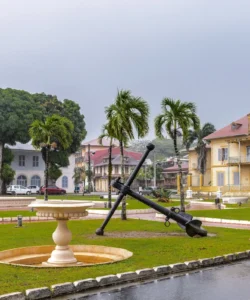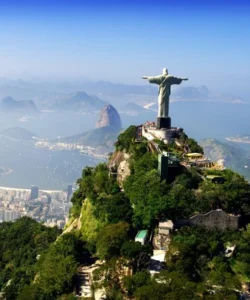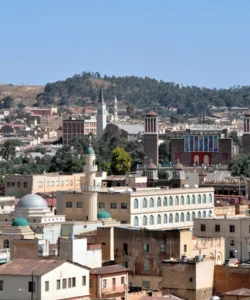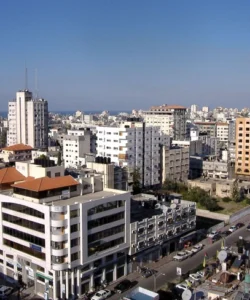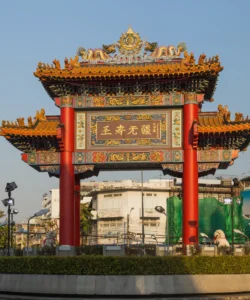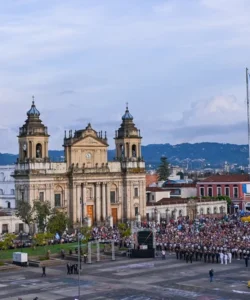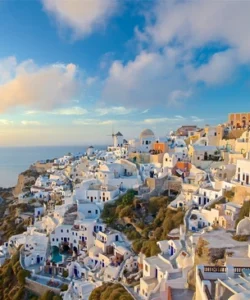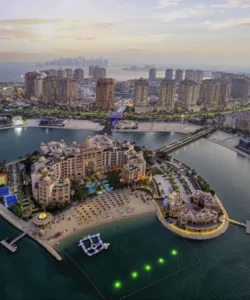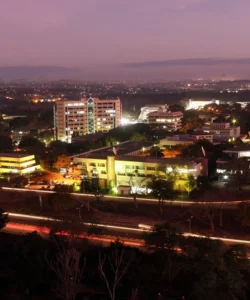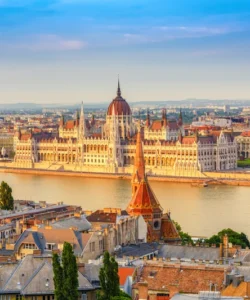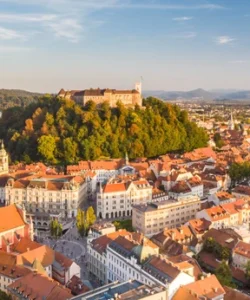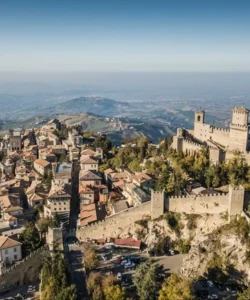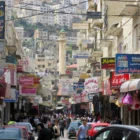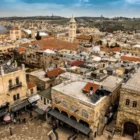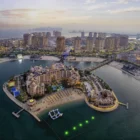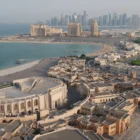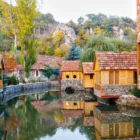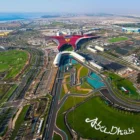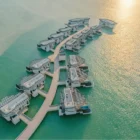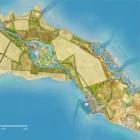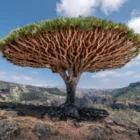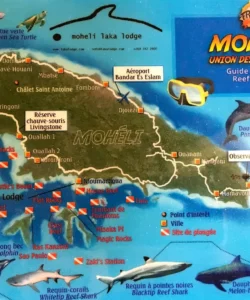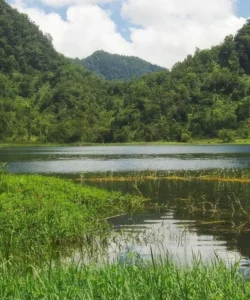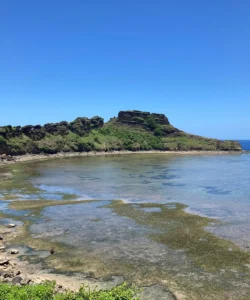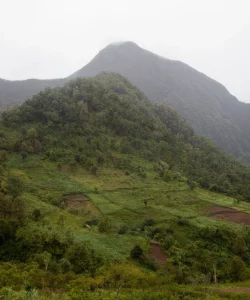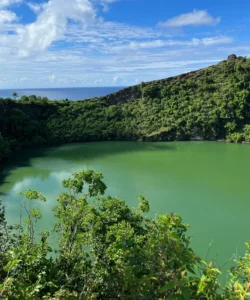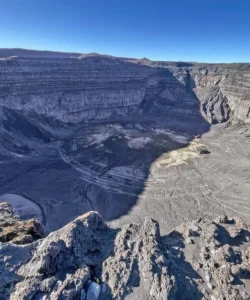Djibouti, a small yet captivating country located in the Horn of Africa, offers a unique blend of diverse landscapes, cultural influences, and natural wonders.
![]()
Area and Population:
Djibouti covers an area of approximately 23,200 square kilometers (8,960 sq mi). As of 2025, its population is estimated to be around 1,168,257.
Language:
The official languages of Djibouti are French and Arabic. Somali and Afar are also widely spoken national languages, reflecting the country’s main ethnic groups.
Currency:
The official currency is the Djiboutian Franc (DJF).
Religion:
Islam is the predominant religion in Djibouti, with about 94% of the population identifying as Muslim. There is also a small Christian minority.
Capital City and Major Cities:
The capital and largest city is Djibouti City. Other notable cities include:
- Tadjourah: Known as the “White City” for its whitewashed buildings and serene atmosphere.
- Obock: A historically significant city, once the capital of French Somaliland, with a laid-back charm and colonial history.
- Ali Sabieh: Offers varied landscapes and is popular with adventurers.
- Dikhil: An oasis town with palm-fringed landscapes, known for its hot springs and proximity to the Grand Bara Desert.
- Arta: Contrasts with the desert terrain due to its cooler climate and lush highlands.
Attractions and Natural Wonders:
Djibouti boasts a remarkable array of natural attractions:
- Lac Assal: The third-lowest point on Earth’s surface and one of the saltiest bodies of water in the world, surrounded by stunning white salt formations.
- Lake Abhe: An otherworldly landscape featuring limestone chimneys, hot springs, and a volcanic terrain that was a filming location for “Planet of the Apes.”
- Gulf of Tadjoura: A paradise for diving and snorkeling, offering clear waters with abundant marine life, including whale sharks (especially from November to February), dolphins, and coral reefs.
- Day Forest National Park (Forêt du Day): A rare green oasis in the central highlands, offering hiking and panoramic views.
- Moucha Island: A treasure trove for beach lovers and diving enthusiasts, accessible by boat from Djibouti City.
- Grand Bara Desert: An expanse of sands surrounded by granite mountains, offering opportunities for cultural tours to meet nomadic tribes.
- Khor Ambado Beach: A popular coastal spot.
Architecture:
Djiboutian architecture is a fascinating blend of traditional and modern influences. It showcases Islamic and pre-Islamic styles from the 19th century, French colonial influences from the 20th century (neoclassical and Beaux Arts), and modernist designs from the 21st century. Traditional building materials like stone and wood are often combined with modern technologies. The incorporation of natural elements like sunlight and wind is also a key feature.
Roads:
Djibouti’s road network comprises about 3,000 km of roads, with less than half being paved. Primary routes include a paved road linking Tadjoura and the north with the capital, and the Grand Bara road connecting the capital with the south.
Hotels:
Djibouti City offers a range of accommodation options. Some notable hotels include:
- Djibouti Palace Kempinski (5-star)
- Djibouti Ayla Grand Hotel & Mall (4.5-star)
- Atlantic Hotel (4-star)
- Best Western Premier Dj Hotel (4-star)
- Ras Dika Hotel (3-star)
- Acacias Hotel (3.5-star)
- Hotel Rayan Djibouti (3-star)
- WAAFI CITY CENTER RESIDENCE (5-star)
Restaurants and Cuisine:
Djiboutian cuisine reflects a rich cultural tapestry with influences from Somali, Afar, Yemeni, and French culinary traditions. Spices like cumin, cardamom, and coriander are prominent. Seafood is a staple.
Popular dishes include:
- Skoudehkaris: A fragrant lamb and rice dish.
- Fah-fah: A spicy soup featuring meat and vegetables, often prepared in a Yemeni style.
- Lahoh: A spongy, pancake-like bread.
- Chabate: Refreshing watermelon juice.
Restaurants in Djibouti City offer a variety of cuisines:
- Moukbasa Central-Chez Youssouf: Middle Eastern.
- Café de la Gare: French fine dining.
- La Mer Rouge: Seafood.
- Tentazioni: Italian (at Kempinski Palace Djibouti).
- Havana Café: Western African cuisine.
- Sing’s: Indian cuisine.
- Kiriftu/Kokeb: Ethiopian cuisine.
Annual Travel:
In 2021, Djibouti received approximately 114,000 tourists. France, other European countries, and the US accounted for the largest percentages of visitors. Tourist spending totaled $57 million in 2018. The best time to visit is between October and April when the weather is milder.

